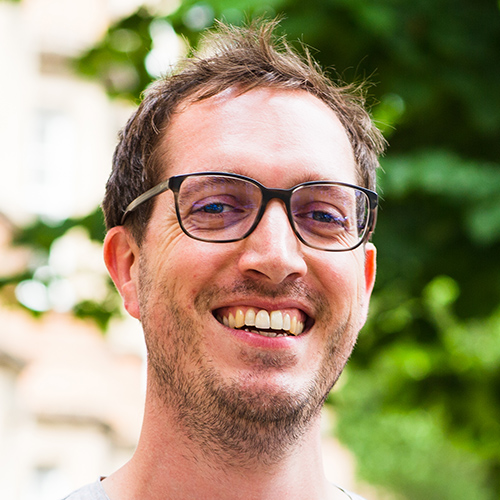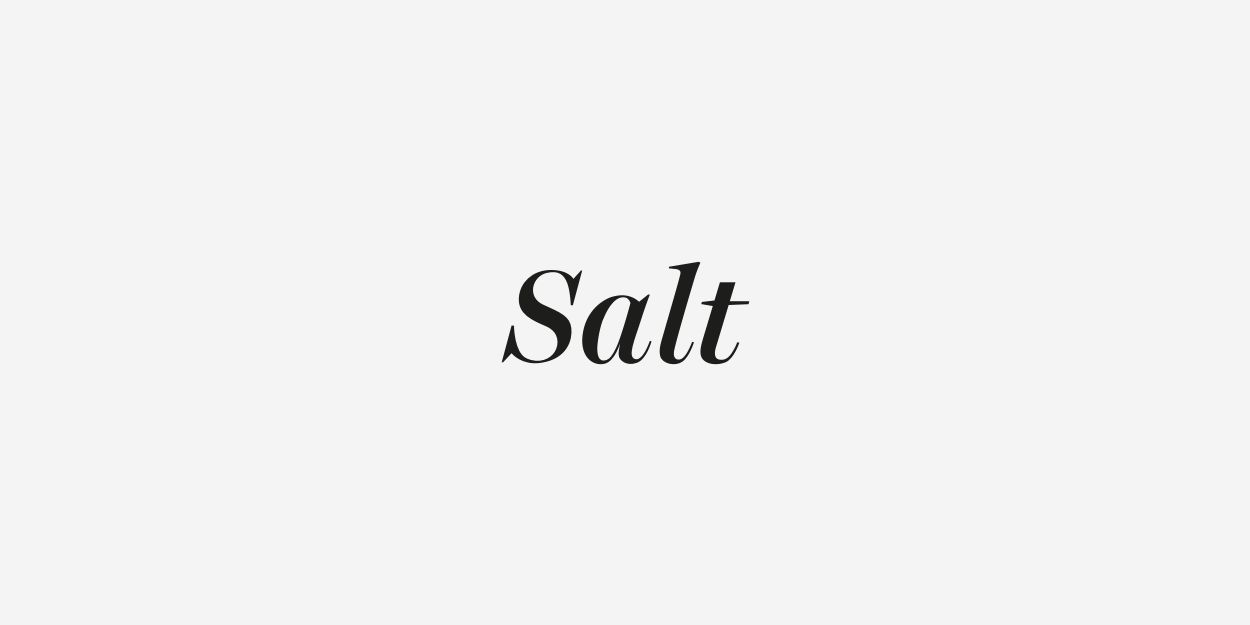Have you ever told a lie that took on a life of its own?
As a child, I lied. A lot. My peak lying age — in quantity at least, rather than quality — was probably around the age of 8. At that age, I reliably informed my friends in the school yard that I was born in America (not in Bolton like the other poor urchins). More bizarrely, for a whole week I kept up the premise that a child’s croquet mallet (part of a set I received for my birthday, in case you needed any evidence of my middle-class upbringing) was actually a walking crutch that I had been given because I was oh so very poorly, like an angelic Tiny Tim of the North, and needed all the sympathy and attention I could get.
The trouble is, while you might pass off untruths of this ilk as childish grabs for attention, even as a grown-up man (or at least a boy who shaves) lying is still attractive to me. And it seems I’m not the only one.
On the public scene there is, of course, President Trump. By October last year, Trump had made a staggering 13,435 false or misleading statements while in office. His protégé, Boris, tells lies so often there is a whole website devoted to cataloguing them (though the site’s creators seem to have given up despondently now he’s made it to PM). When I look around at many of the role models of leadership in our world, the most powerful, rich and famous are pretty cavalier with the truth.
It’s easy to look at the nobs of society and scorn them for their behaviour, but let’s face it, we all do it. Think back: how many times did you say something untrue this week? It might be that you have perfected the art so that you don’t even recognise it, or that the lie is entirely in your own head, and acted out rather than spoken. In fact, (particularly if you’re British) you might even be mistaking it for politeness, or particularly in our cultural moment: avoiding hurting someone’s feelings.
Lying is something that comes quite naturally to us — but why do we do it?
Well, we want to look good: self-preservation kicks in as we write our CVs with a garnish here and there. After all, we demur, everyone else is doing it — this just evens up the playing field.
Similarly, in social settings we want people to like us, so we create versions of ourselves that are more attractive or that are less likely to receive hate. Perhaps we simply don’t want to appear ignorant, like the time I had an hour-long conversation with a stranger on a train about a football match, without knowing either team, the score, or even some of the rules of the game.
But is this really such a problem? What’s wrong with a lie here or there? We all do it – what’s wrong with sprucing up your reputation a tad through the odd half-truth?
Well, we know lying is a problem because we hate it when other people do it. If it’s a problem when Donald Trump lies, why should we be exempt from the same standards of behaviour? A lie is still a lie, even if you aren’t in public office.
Perhaps it’s easier to look at the end result: lying is a form of betrayal. The lie in itself may seem innocuous, but every time you lie, you lose a part of yourself. As Nietzsche wrote, ‘Not that you lied to me but that I no longer believe you has shaken me.’ The lie is more than itself: betrayal is a removal of trust that may never be won back again.
What’s worse is that lying is a vicious cycle: you have to keep lying to cover up the original lie, else the truth will be exposed. Imagine an unfaithful husband; a personal, painful betrayal that usually involves his compounding lie after lie with considerable effort to keep the one big truth hidden. This kind of consistent lying changes your brain patterns, apparently. The more you lie; the more prone you are to lying. Once you pop, you can’t stop.
And what about a much subtler form of lying, which is keeping the truth to yourself when you ought to speak out? You don’t want to be known as a boy/girl scout, a do-gooder, or worse, a snitch. You want to be trusted to keep the truth to yourself when it should be kept. But this path is a dangerous one: many abusive institutions have thrived because no one had the courage to speak up, to blow the whistle, to say ‘no’ when they absolutely needed to.
Lying is destructive because the truth matters. We can look at BoJo and Trump and sigh with an obligatory eye-roll, but if we can learn anything from the many travesties of the 20th century, it is that time after time, a grain of untruth can cause such extreme devastation that the consequence is unbelievable suffering. Are we living in such a different world after all? Look at the migrant ‘prison’ camps. Look at the food banks.
The fact that the truth clearly matters to us is most palpably demonstrated through our thirst for justice. A jury is a panel of ordinary people trying to judge the truth based on the evidence provided. If the truth is an objective fact — this person abused that person, for example — what can we learn from this? In such a situation, a lie or even an unspoken truth could prevent justice being done.
That’s plain wrong, and we know it. We feel the righteous indignation boiling inside us at the mere idea that a person could walk free from such a grievous crime. Justice is not just a craving; the truth is a real, universal thing.
We’re so used to lies from our workplaces, leaders and the media, that we’ve forgotten how important the truth is. But speaking it, both to ourselves and to others, is dangerous. If we walk down the path of least resistance, duplicitously weaselling out of every situation without integrity, looking out for only our own safety and appearance, we are practising cowardice at every turn — and when the time of our great test comes, we will not withstand it. If instead, you choose the truth, to know it and speak it, you shape yourself to be a person capable of saying ‘no’, even in the face of suffering, which is the essence of courage.
If the truth can set us free we ought to pursue it wholeheartedly, whatever the cost in a post-truth world.





